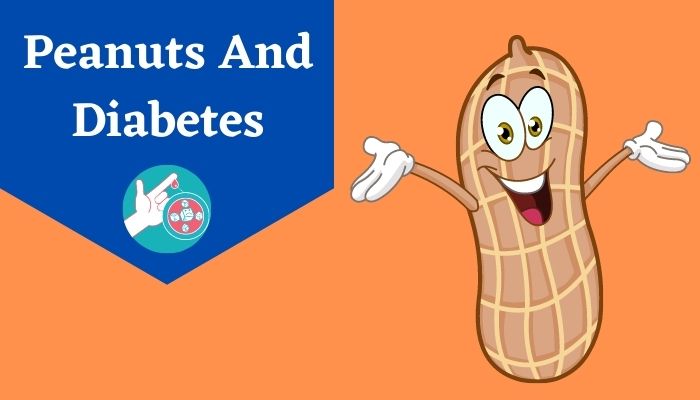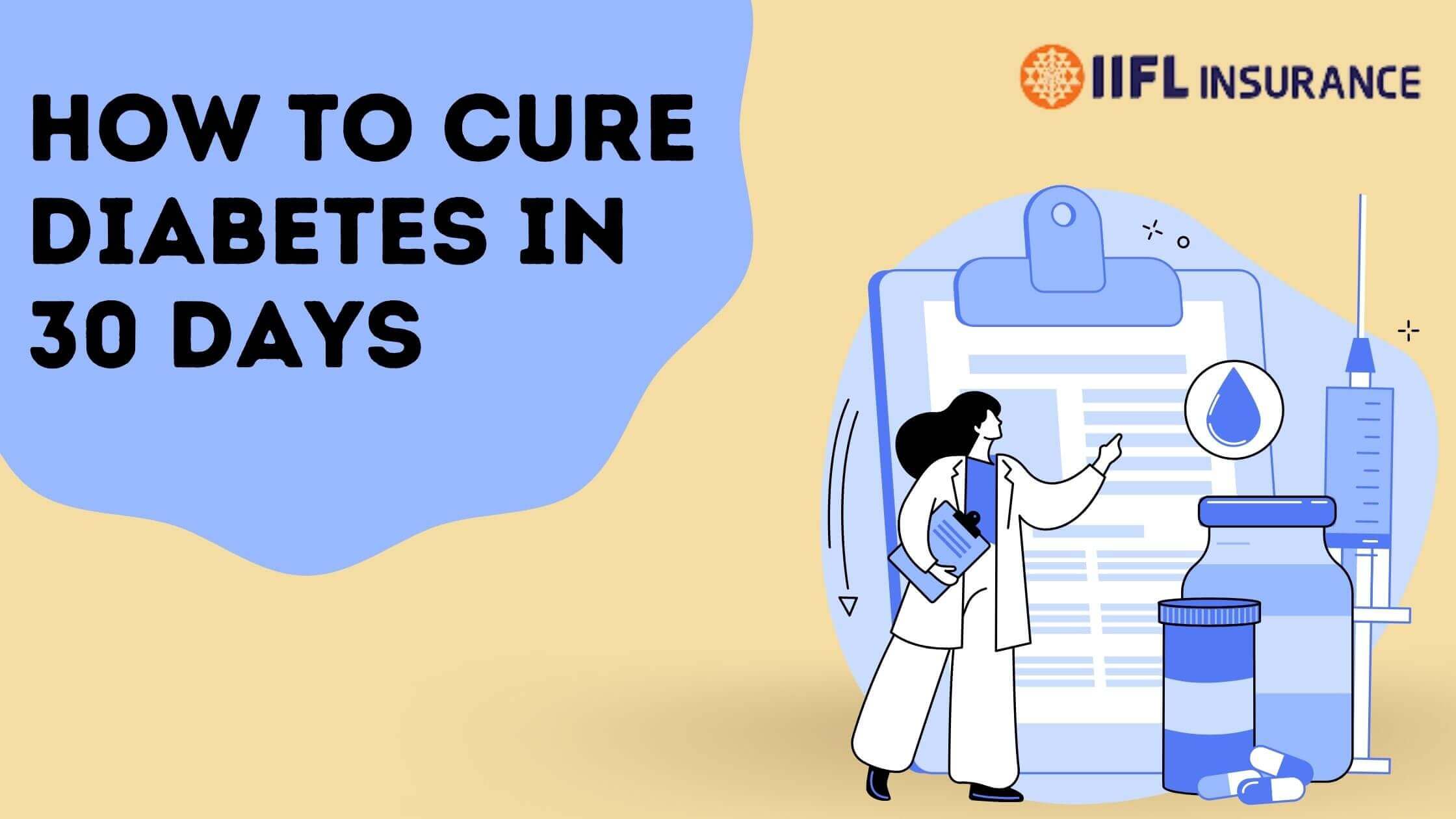After a holiday in Thailand, Ravi came back to India wanting peanuts in all his food. He found it amazing how the Thai people made even the most boring salads delicious thanks to a powder or paste made of peanuts.

Ravi is a huge fan of peanuts. Even as a child, he refused poha unless it had a generous amount of his favourite ingredient. However, today, Ravi is pre-diabetic, and his father-in-law has diabetes. As a result, his wife Seema worries about whether peanuts are harmful to people who have diabetes or beneficial to them or whether they don't make any difference at all. Here's what peanut lovers - like Ravi - and their caregivers - like Seema - need to know
What Peanuts Do to the Body and Why They Are Beneficial?
Glycemic index: Peanuts have a low GI or glycemic index and are a good snack for people with diabetes. But what exactly is GI? Well, glycemic index refers to the food in question's ability to impact your blood sugar. Foods get a number between 1 and 100 depending on how the consumer's blood sugar is affected after consuming the given food or foodstuff. Ideal foods for diabetes always come with a low glycemic index of 13 to 14. Therefore, a diabetic person will not experience a spike in blood sugar after consuming them. Magnesium magic: Experts have been theorizing about the role of magnesium in regulating blood sugar, and peanuts - being rich in magnesium - have been noted to mute or lessen a spike in blood sugar levels when consumed with other foods that are high on the GI index that we explained in the point above. In other words, they sort of balance out the negative impact of harmful foods in your diet or on a cheat day. Healthier heart: Cardiovascular disorders are common among people who have diabetes. Research states that about 65% of people who have diabetes are likely to have a heart attack or a stroke and that if you have diabetes, you're about twice as likely to have a stroke or a heart attack. Nuts - including peanuts (which technically are not nuts) - to your diet could significantly lower one's risk of cardiovascular disease. Lower consumption: Ever eaten peanuts with cocktails only to realize you have no room for dinner?Peanuts have the amazing ability to make you feel full. This means reduced cravings and, in general, lower food consumption. Healthy body weight is essential to maintaining healthy blood sugar levels. With lower food consumption (that does not make you miserable because you will feel satiated and full), you could keep your diabetes in check. Nip it in the bud: If you do not have diabetes, peanuts could help you minimize your chances of developing type 2 diabetes. Unsaturated fat and other nutrients (such as magnesium that we referred to earlier) improve your body's ability to better manage insulin levels.
How to Consume Peanuts?
Peanuts can be consumed in their natural nut form or as peanut butter. Whatever form of peanuts you choose to consume, remember that additives that "improve the taste" could be harmful to people with diabetes. Some examples of when peanuts are likely to do more harm than good for diabetics include:- Salted peanuts
- Masala peanuts
- Peanut namkeen with fried potato shavings etc
- Sugary (or salted, or buttery or oily) peanut butter
- Too large a helping of peanuts


